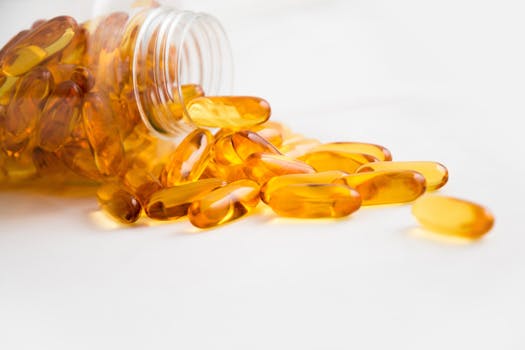Introduction
In the world of sports, athletes are constantly seeking ways to enhance their performance, endurance, and recovery. While a balanced diet and rigorous training are fundamental, many turn to food supplements to gain an edge. However, with a plethora of options available, it’s crucial to identify which supplements are both effective and legal. This article explores some of the most researched and beneficial food supplements that can genuinely improve sports performance.
Understanding Food Supplements
Food supplements are products designed to augment the diet and provide nutrients that may be missing or insufficient in a person’s diet. They can come in various forms, including pills, powders, and liquids. The effectiveness of these supplements can vary widely, and it’s essential to focus on those backed by scientific research.
Key Supplements for Sports Performance
Here are some of the most effective and legal food supplements that athletes can consider:
- Creatine
- Beta-Alanine
- Branched-Chain Amino Acids (BCAAs)
- Protein Supplements
- Caffeine
Creatine is one of the most studied supplements in sports nutrition. It helps in the production of ATP (adenosine triphosphate), which is crucial for energy during high-intensity activities. Research shows that creatine can enhance strength, increase lean muscle mass, and improve recovery.
Beta-alanine is an amino acid that helps buffer acid in muscles, which can lead to improved performance during high-intensity exercise. Studies indicate that beta-alanine supplementation can increase muscle endurance and reduce fatigue.
BCAAs, which include leucine, isoleucine, and valine, are essential amino acids that play a significant role in muscle recovery and growth. Research suggests that BCAAs can reduce muscle soreness and improve exercise performance.
Protein is vital for muscle repair and growth. Whey protein, in particular, is a popular choice due to its high biological value and rapid absorption. Studies have shown that protein supplementation can enhance muscle mass and strength when combined with resistance training.
Caffeine is a well-known stimulant that can enhance physical performance by increasing alertness and reducing perceived effort. Research indicates that caffeine can improve endurance and strength performance, making it a popular choice among athletes.
Case Studies and Statistics
Numerous studies have validated the effectiveness of these supplements. For instance, a meta-analysis published in the Journal of Sports Medicine found that creatine supplementation improved strength by an average of 8% in resistance training. Similarly, a study in the International Journal of Sports Nutrition and Exercise Metabolism reported that beta-alanine supplementation increased exercise capacity by 13% in high-intensity activities.
Furthermore, a survey conducted by the International Society of Sports Nutrition revealed that over 70% of athletes reported using protein supplements to aid recovery and muscle growth. This highlights the widespread acceptance and reliance on these supplements within the athletic community.
Legal Considerations
It’s essential for athletes to ensure that the supplements they choose are legal and compliant with the regulations of their respective sports organizations. Most of the supplements mentioned above are legal and widely accepted in competitive sports. However, athletes should always check the World Anti-Doping Agency (WADA) list to avoid any banned substances.
Conclusion
In conclusion, food supplements can play a significant role in enhancing sports performance when used correctly. Creatine, beta-alanine, BCAAs, protein supplements, and caffeine are among the most effective and legal options available. Athletes should prioritize a well-rounded diet and consult with a healthcare professional or a sports nutritionist before starting any supplementation regimen. By making informed choices, athletes can optimize their performance and achieve their goals while staying within the legal boundaries of their sport.
